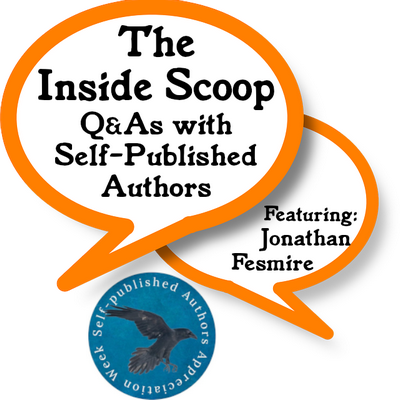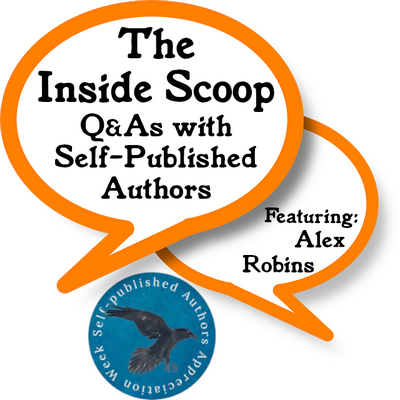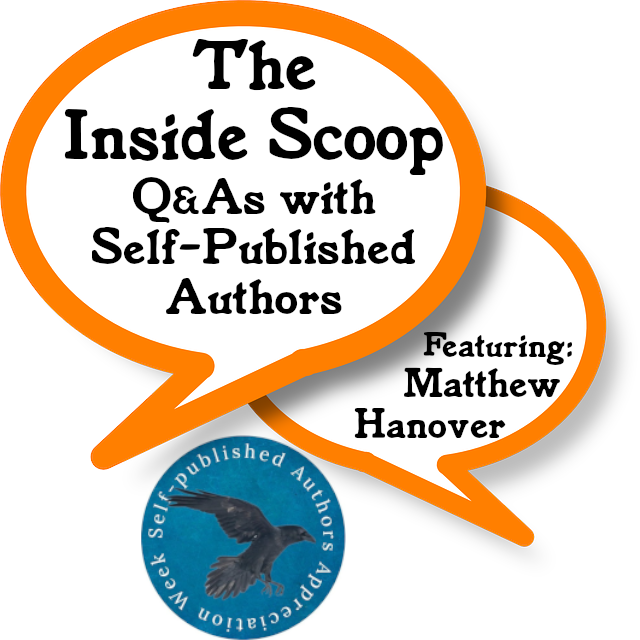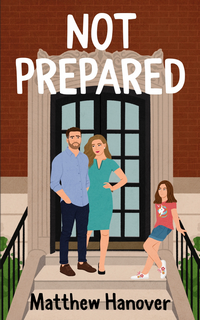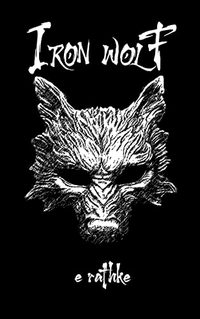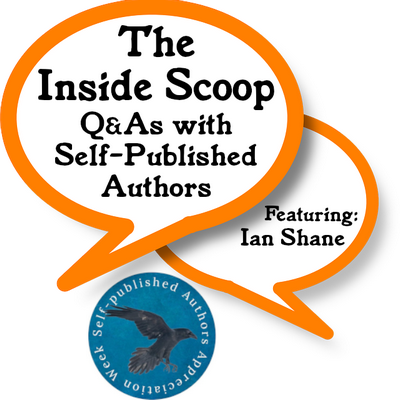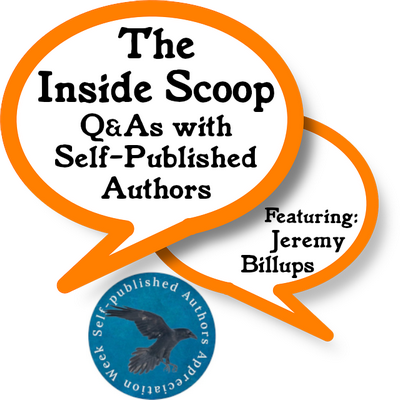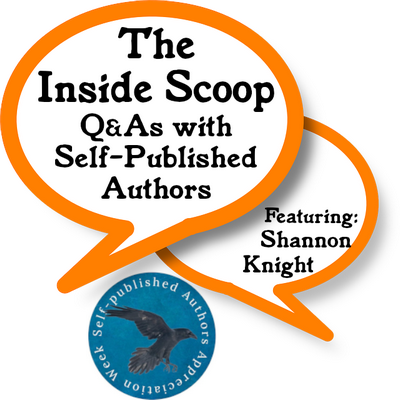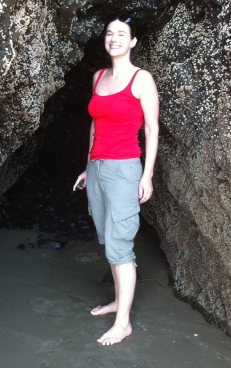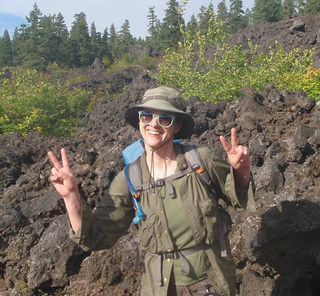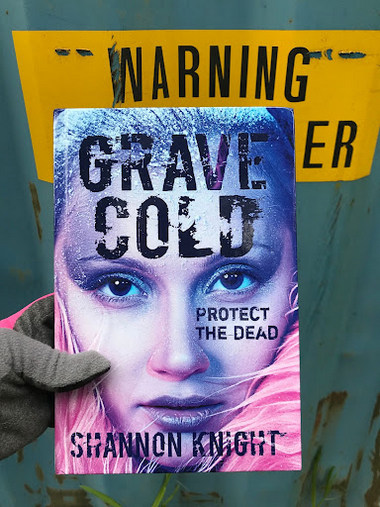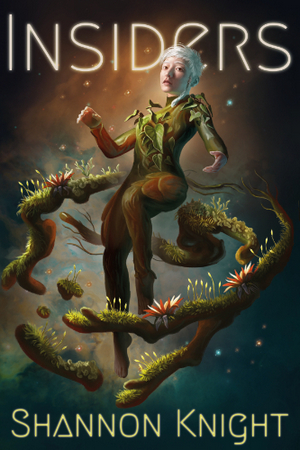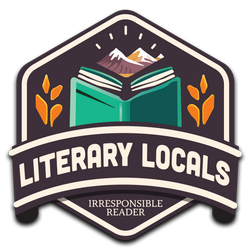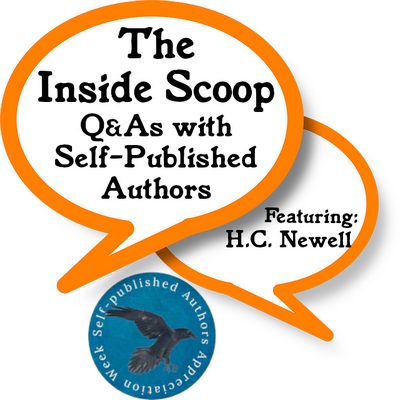
I was aware of H.C. Newell only because I’d skim something on Twitter and have to stop—”I never said anything like that…oh, Newell. Never mind.” I’m very glad that JCM Berne got us together—if only so the two of us could clear up our name confusion. But more than that, I enjoyed these answers and advice. I took something away from it, hope you do, too.
Before we get into things, why don't you give the reader a brief introduction to you and your work.
Heyooo my name is H.C. Newell (Not to be confused with the illustrious H.C. Newton who is running this shindig) I’ve been writing my entire life and published my first book, Curse of the Fallen, in 2021. I’m sure you’ve heard of it, but if not, here is a quick little blurb and even a link to chapter one that you can read for free 😀
Nerana is a sorceress born in a world where magic is forbidden. Outcast, exiled, and hunted since birth, she seeks to free herself of a curse that ties her to the Order of Saro who relentlessly hunt her down.
Her hope now lies in a legend from the time of the elves that speaks of the Trials of Blood, a test that promises salvation. Darkness gathers, and the hunters close in on their prey, but with little left to lose Nerana embarks on her perilous journey and soon learns that the path to redemption may prove more fatal than the Order itself.
But for Nerana, this is more than a quest for survival… it’s a promise of revenge.
You digging it? Grimdark Magazine called it “a grimdark twist on classic Tolkienesque fantasy”
My Linktree has all my links, including a PDF of chapter one for you to download and read 😀
How do you promote your book–what things have worked best for you? What kind of lessons have you learned for things not to do (at least for you)? Do you do any in-person marketing, or are you all on-line (I assume predominately online)
Networking has worked the best for me. I love people and interacting and just integrating myself into the community. (I’ve never used paid ads and never will.) The book speaks for itself, so I just share my blurb and cover and let readers decide if they want to give it a shot. Everyone has their style, and I know my book isn’t for everybody, so all I can do is show it to you and let you decide if it’s a good fit. 😀
Supporting other authors, making connections, and genuinely caring about their success can make a huge difference. Don’t just be in this for yourself – we’re all in this together. That’s my philosophy, anyway. Everyone is trying to succeed, and some may view others as competition, but there are billions of people in the world and millions of books to read – there is no need to try to put yourself above someone else. Be kind, be caring, and enjoy the journey.
My advice for newer authors, or those struggling to see sales: make yourself known. No one will see your book if you don’t show it to us. Be part of the community, work together with others and find friendship in fellow authors or readers. I promise we’re a good bunch.
Sound advice! A rising tide does seem to lift all boats. Indie and self-published authors seem to be great at lifting each other up—and yeah, it does make me more inclined to check someone out when I see them interacting with others. I don’t know if it’s possible (this feels like one of those job interview questions I hate), but can you give a specific example?
Uh… haha it’s hard to really be more specific here. Just being involved in the community and caring about other’s successes as much as your own is a good start. My philosophy is that we’re all in this together. This isn’t a competition, it’s a journey.
Join the discords, join twitter, integrate yourself within the community, make friends, and also be sure that your cover and blurb are attracting readers. Reach out to bloggers for review copies, send out arc copies, join sale events. The list goes on 🙂
Another big thing I forgot to mention: don’t ever ever compare yourself to others. It’s something we all struggle with, and it can really make or break your spirit. There is a big luck (and monetary) factor that comes with success, and just because someone else is having more success than you right now don’t mean you won’t or don’t deserve to be recognized. Just focus on yourself, what you’ve achieved, and keep moving forward. Don’t give up or lose yourself to the ‘why’s’
ToriTalks has an amazing video that I think is very motiving for authors who are struggling with things like this. Dear Writer Video
Self-publishing tends to have less external deadlines keeping one accountable. How do you maintain your work process or work ethic?
I never ever ever rush or force anything. I’d rather wait two years for an amazing book/movie/game to release than to have it now for the sake of deadlines and it be subpar. So, I don’t really have a schedule. I can’t. My brain doesn’t work that way. Creativity ebbs and flows, so I roll with the punches. Some days I can write entire chapters, other days I can’t write a single word. I have a deadline in mind that I strive to meet, but I never set an actual date until my book is in my editor’s hands and I know it’ll be completed in time.
If you were to start the process over with the experience you have now, what would you do differently?
I would research more, not hire an editor for things like developmental editing and used beta’s instead. I would’ve had more beta readers and I would’ve read more books so I could’ve understood what readers enjoy. I’d have also joined twitter from the start, instead of being so afraid of it and waiting 2 years!
Why not an editor for the developmental stage—just the kind of feedback they provided vs. your betas? How many beta readers did you use, and how many would you have? For you, what does a good beta reader bring to the table? (this is partially selfish, I’ve done it twice and haven’t been satisfied with what I produced)
I had a developmental editor, and the price (for me) wasn’t worth it. Everything they tell you can be told by a beta reader for free. This isn’t advice for someone else to follow, just what I would’ve done differently for myself. Some people prefer dev edits because the trust the opinion of a professional on those things. Book one I had 1 beta reader, book 2 I had 3. I think 3-5 is a good number that isn’t overwhelming.
For me, I don’t care to have betas correct my grammar or try to edit the novel. It’s fine when they do, but I get the most help when they can give their honest feedback on more structural things like pacing, plot progression, how captivating the scenes are, etc. Just general reactions are my favorite types of beta feedback.
How do you decide a book is finally finished and ready? (or how do you avoid “perfection as the enemy of good”?)
For me, a book is never perfect. I’ve read my book a dozen times since I published, and every single time, I find things that I want to change. It’s just a part of being an author. You are your biggest critic. Once the book is completely written (draft 1) you need to comb through it with a critical eye, find what works and what doesn’t, polish it up, and then send draft 2 to beta readers. Once you’ve read through their suggestions and made the necessary changes, then it’s time to send to the editor.
Your book is finished after it’s completely written, reread by you and then read by a handful of readers who can help you find mistakes you may have missed along the way.
I can rarely stomach re-reading a blog post of mine because I want to tweak so many things, and I devote far less time to one than a novel would take. I can’t imagine doing it to a novel. The last time that you revisited Curse of the Fallen, what kind of changes did you want to make—are we talking a word here or there, a few lines—chapters/events?
Well, the last time I actually sat down to re-edit Curse, I added 40,000 words and 4 chapters lol!!! I still find things that I want to change, such as slowing the pace, adding more filler, slowing down some of the relationship arcs, etc, but no book is perfect, and readers are always happy to point out flaws that you wish you could change. I have to learn to stop reading ANY book with a critical/editorial eye and to just enjoy the journey.:)
Thanks for your time and participation! Hope you enjoyed it! And do know that there are many of us out here who appreciate and applaud what you do (and our number is growing)!
I encourage you to go check out all of H.C. Newell‘s work!
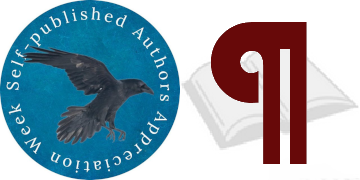
Clker-Free-Vector-Images from Pixabay
The 2023 Self-Published Authors Appreciation Week Logo was made by Witty and Sarcastic Book Club


